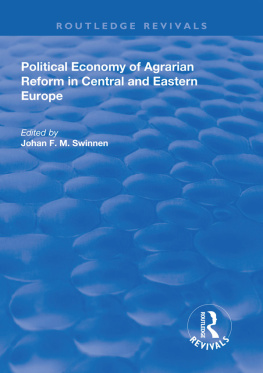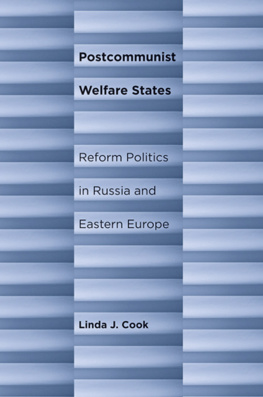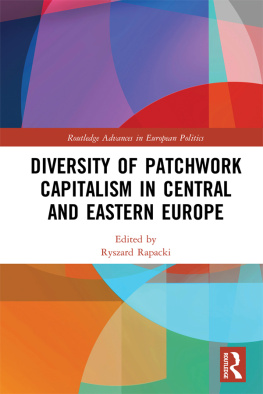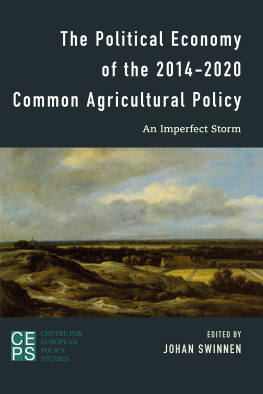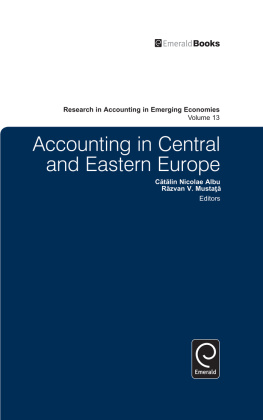First published 1997 by Ashgate Publishing
Reissued 20 18 by Routledge
2 Park Square, Milton Park, Abingdon, Oxon, OX14 4RN
711 Third Avenue, New York, NYI 0017, USA
Routledge is an imprint of the Taylor & Francis Group, an informa business
Copyright J. Swinnen 1997
All rights reserved. No part of this book may be reprinted or reproduced or utilised in any form or by any electronic, mechanical, or other means, now known or hereafter invented, including photocopying and recording, or in any information storage or retrieval system, without permission in writing from the publishers.
Notice:
Product or corporate names may be trademarks or registered trademarks, and are used only for identification and explanation without intent to infringe.
Publishers Note
The publisher has gone to great lengths to ensure the quality of this reprint but points out that some imperfections in the original copies may be apparent.
Disclaimer
The publisher has made every effort to trace copyright holders and welcomes correspondence from those they have been unable to contact.
A Library of Congress record exists under LC control number: 97071710
ISBN 13: 978-1-138-33275-1 (hbk)
ISBN 13: 978-1-138-33277-5 (pbk)
ISBN 13: 978-0-429-44638-2 (ebk)
Contents
- Ewa Rabinowicz and Johan F. M. Swinnen
- Erik Mathijs
- Azeta Cungu and Johan F. M. Swinnen
- Ewa Rabinowicz
- Johan F. M. Swinnen
- Isabelle Lindemans
- Konrad Hagedorn
- Erik Mathijs
- Isabelle Lindemans and Johan F. M. Swinnen
- Marvin Jackson
- Don Van Atta
- Stefan Bojnec and Johan F. M. Swinnen
- Johan F. M. Swinnen
Guide
Chapter 2
Chapter 3
Chapter 4
Chapter 5
Chapter 6
Chapter 8
Chapter 9
Chapter 10
Chapter 12
Chapter 13
tefan Bojnec is assistant professor of agricultural economics at the University of Ljubljana and former advisor to the Government at the Ministry of Agriculture, Food, and Forestry, Ljubljana, Slovenia. Previously he was postdoctoral researcher at Leuven Institute for Central and East European Studies, visiting research associate at the UC Berkeley (USA) and at the University of Manchester (UK). He holds a Ph.D. in economics from the University of Zagreb and finished economics at the University of Ljubljana.
Azeta Cungu holds a B.Sc. in financial economics from the University of Tirana and a M.Sc. in agricultural economics from Wye College, University of London. She is currently Ph.D. student at the Department of Agricultural Economics, K.U.Leuven.
Konrad Hagedom is professor at the Institute of Agricultural Policy, Marketing and Agricultural Development, College of Agriculture and Horticulture, Humboldt University of Berlin, Germany. He holds a Ph.D from the University of Gottingen and has written extensively on agricultural reform in Central and Eastern Europe.
Marvin Jackson holds a Ph.D. in economics from Berkeley and is a professor in economics at the Katholieke Universiteit Leuven (previously at the University of Arizona) and director of the Leuven Institute for Central and East European Studies (LICOS). He has written extensively on economic development and reform in Central and Eastern Europe.
Isabelle Lindemans is a researcher at LICOS, specialized in the political economy of agricultural policies. She holds a Master in engineering in agriculture from the K.U.Leuven.
Erik Mathijs holds a Master in engineering in agriculture from the K.U.Leuven, and is currently a Ph.D. student at the Department of Agricultural Economics, K.U.Leuven. His Ph.D. research is on the economics and politics of agricultural privatization and farm restructuring in Central and Eastern Europe.
Ewa Rabinowicz is associate professor at the Department of Economics, The Swedish Agricultural University. She has written extensively on agricultural sector modeling, agricultural policy, political economy, and CEEC agricultural transition. She is currently a member of the Economic Council of Sweden and President of the European Association of Agricultural Economists.
Johan F. M. Swinnen has a Ph.D. in agricultural economics from Cornell University and is assistant professor of agricultural economics and food policy, Katholieke Universiteit Leuven (K.U.Leuven) in Belgium. Previously, he was senior research economist at the Leuven Institute for Central and East European Studies (LICOS).
Don Van Atta has a Ph.D. in political science from the University of California at Berkeley and has written widely on the politics of Soviet and post-Soviet agriculture. Formerly the desk officer for the NIS countries in the Directorate of Food, Agriculture and Fisheries of OECD, he now directs the Center for Privatization Research.
This volume studies agricultural privatization, decollectivization, and land reform programs in twelve Central and Eastern European countries (CEECs). Contributors to this volume compare the reform processes and use a political economy framework to explain and interpret similarities and differences found in the various countries.
This project also reflects the basic framework of endogenous institutional change and endogenous policy analysis. In particular, our approach joins traditional Marxist analysis of production factor ownership with neoclassical public choice theory and institutional economics. Neoclassical institutional economists focus their attention on allocative efficiency improvements in discussing institutional change, whereas Marxists often emphasize how institutions change or do not change depending on surplus appropriations to a dominant class. In particular, progress towards a more efficient institution may be blocked if it reduces the control of surplus by this class. This focus on how institutional change influences control of surplus by a particular class suggests that efficiency-improving institutional change cannot really be separated from redistributive institutional change. Our study accepts this inherent link between redistribution and efficiency as a starting hypothesis for understanding choices of agrarian reform processes in the CEECs.
From the start, this research project had two objectives. The first objective was to collect raw material on the processes of reform and on the political and economic situations influencing the discussions, choices, and implementation of reforms. This objective is reflected in the extended discussions of reform legislation, political changes, and reform backgrounds. The collection of this raw material was intended (a) to contribute to a greater insight into the actual reform processes and (b) to provide a base for future research on related issues.
The second, and more ambitious, objective was to develop a comparative perspective on reform processes in CEECs and, if possible, to explain the reform choices for various countries. Initially we set out to explain differences and remarkable variations between countries, but we soon had to rephrase our hypotheses in terms of the remarkable similarities between CEECs reform processes that began to emerge.
This volume is organized into three parts. The first part introduces readers to the main theoretical and conceptual issues involved in land reform, privatization, and decollectivization and surveys past agrarian reforms in Central and Eastern Europe. Part two presents country studies giving in-depth analyses of the reform processes and the political, economic, and historical factors affecting them. The focus is on agricultural privatization, land reform, and decollectivization. The individual country studies provide (a) a description of the general political and macroeconomic changes; (b) a description of the policy and regulatory changes and a discussion of the (potential) impacts of these changes; and (c) an attempt to explain/relate the (lack of) policy changes to changes in political balances within a country. The books final part compares the various countries processes and presents political economy hypotheses to explain differences and similarities.

